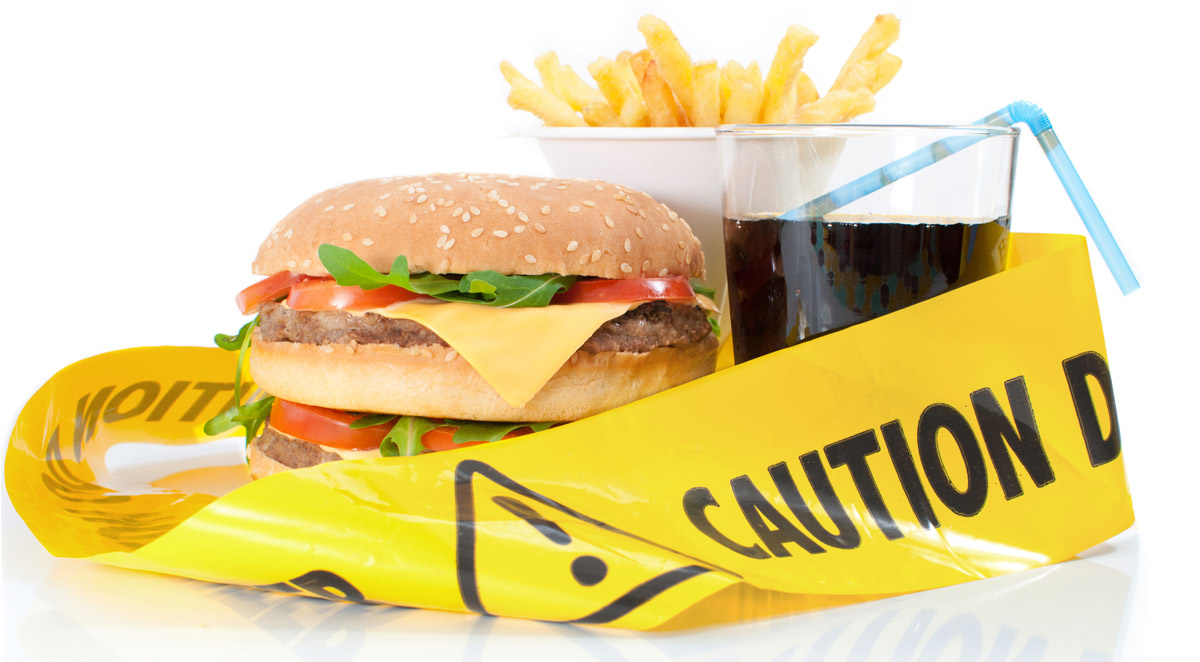One third of Australians are on track to make a lifestyle choice to become a diabetic.
Through the food we eat, the lack of exercise, the sugar in which we are plying our bodies, we are making a conscious decision to micro mange ourselves sick.
This is the age of information, yet the vast majority are in no hurry to change their habits and in many cases, even after a health scare such as a heart attack, that is an attack upon the most vital organ in your body, 25% of us still make no changes to our lifestyle.
Now, if we were dealing with anything else, if members of the population elected to place their life in danger and fail to surrender to safety, we would seek to grab them and send them off for a mental health assessment.
This is normal and common practice in the ambulance service; as paramedics, we regularly attend to people with escalating and altered behaviour. We do our best to calm them and then get them to hospital where their mental fitness and the level of danger they pose to themselves and the community can be assessed.
It would make for a sound argument then, that the inability to care for our basic needs could or should be treated the same, yet we are permitted to micro manage ourselves ill.
And yet when it all goes bad and the nation leads into epidemic levels of ill health such as diabetes and heart disease, everyone is shocked and responds by demanding the government of the day to build more hospitals and put more ambulances on the road.

Let’s say dad survives a heart attack, mum, the kids, extended family and friends are all shocked about someone they know and love had such a scare.
Yet knowing how poorly we are looking after ourselves one could ask, how on earth could such an incident be a shock to anyone?
What rock are we all living under?
Well, if they are shocked by a loved one or close friend having a heart attack, then I can only imagine how shocked people would be to discover that of the three major lines that run our hearts, the pipes that keep the blood pumping and us alive, that one in five of us have some kind of blockage.
That is 4 million of us, and of those 4 million some 470,000 people had a heart attack last year, of which 34,000 dropped dead.
WOW… How are those chips tasting?

Yet ironically out of 117,500 of these individuals who have suffered one of the biggest scares of their life will soon be back on the drink, smokes and the fast food highway to certain death.
And should they once again suffer heart attack, you can bet that their family and friends will still be shocked, such is the denial in which so many of us live.
Given such astounding numbers it should come as no surprise that research is discovering a direct link between our mental and physical health.
In the past, we tended to take a fairly straightforward approach, separating the mental from the physical. What research is strongly suggesting is that they are instead connected.
Through physical inactivity and poor nutritional choices we see an increased risk of developing mental health issues and likewise, if we are showing signs of depression this has the potential to lead to the development of serious physical health issues.

So what are we to make of this?
I am not a researcher, but it does seem fairly common sense to me that if you know that a lifestyle you are making could potentially end your life, or at the least, the quality of your life earlier than you expected and you make no change, you are likely suffering some kind of mental health issue as well.
So what are we to do about it?
The answer is simple, if you want to give yourself a chance of living a long healthy life, then today would be ideal day to get started and move one step closer to the ideal you instead of one step further away. I cannot think of any greater motivator to keep well both PHYSICALLY and MENTALLY, than becoming morbidly ill and lining up at outpatients every week to take your medicine.
Making better choices will not only be great for your health, but will do wonders for the health budget and provide a whole lot more money for preventing morbidity and get us humans living a healthier, happier and drug free life.
